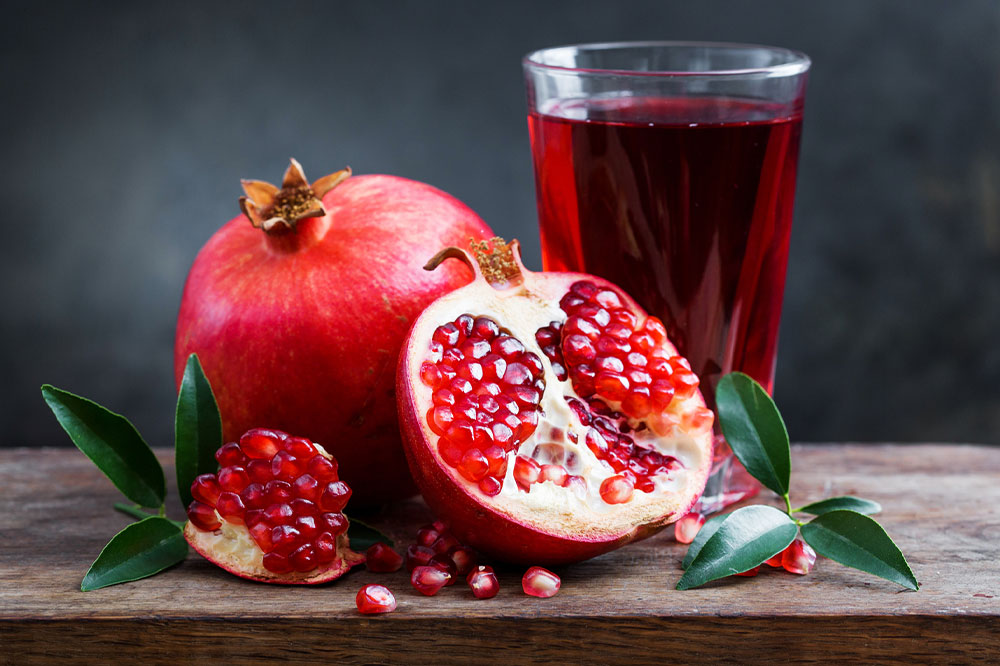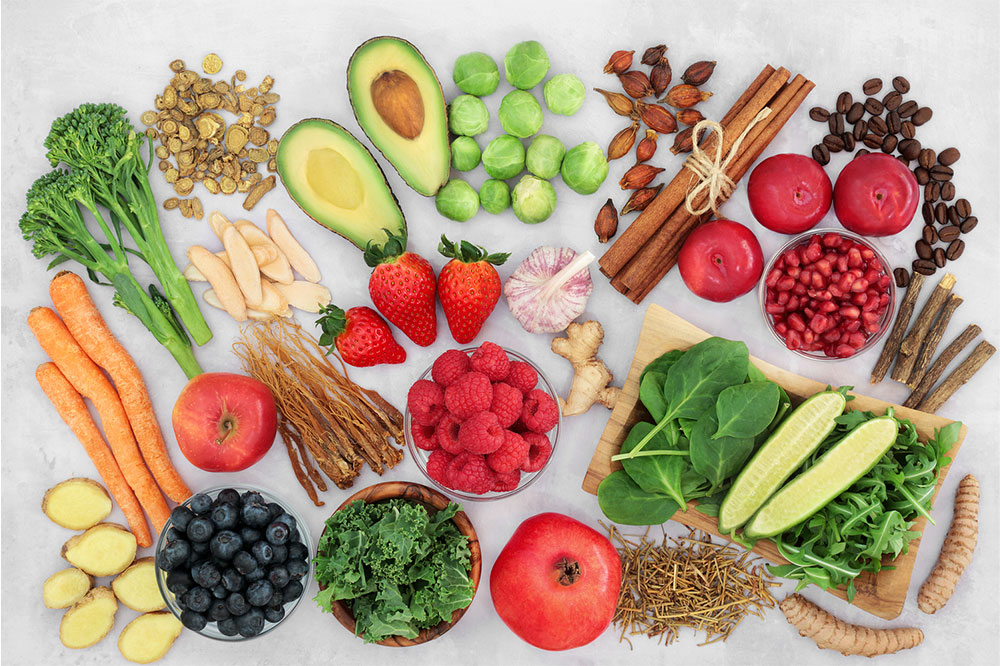Effective Nutritional Strategies to Manage and Support Asthma Control
Learn effective dietary strategies to support asthma control through nutrient-rich foods, anti-inflammatory ingredients, and hydration. This comprehensive guide highlights how a balanced diet can help reduce asthma symptoms and enhance respiratory health, emphasizing the importance of fruits, vegetables, vitamins, and spices in asthma management.

Comprehensive Dietary Approaches for Asthma Symptom Management
Asthma is a persistent respiratory condition characterized by episodes of breathing difficulties, wheezing, coughing, and chest tightness. Although there is no definitive cure for asthma, managing the condition effectively often involves a combination of prescribed medications and lifestyle adjustments, including dietary modifications. Proper nutrition can play a transformative role in reducing the frequency and severity of asthma attacks, ultimately enhancing overall quality of life. This in-depth article explores various dietary strategies and foods that naturally support asthma control and promote better respiratory health.
Incorporating Fruits and Vegetables for Lung Health
Eating a diverse range of fruits and vegetables supplies essential vitamins, minerals, and antioxidants that benefit lung function. Leafy greens like kale, spinach, and broccoli are rich in Vitamin A, which is crucial for maintaining healthy lung tissue. Magnesium, found abundantly in Swiss chard, supports smooth muscle relaxation in the airways, potentially reducing bronchospasms. Carrots and sweet potatoes contain beta-carotene, a powerful antioxidant that helps protect lung cells from oxidative damage. Fruits such as apples and oranges are loaded with Vitamin C and E, both known for their anti-inflammatory properties, which can mitigate airway inflammation common in asthma. Bananas, packed with potassium and antioxidants, may help soothe respiratory discomfort and maintain electrolyte balance necessary for respiratory muscle function.
Beyond fruits and vegetables, Vitamin D plays a vital role in respiratory health and asthma risk reduction, particularly in children aged 6 to 15. Adequate Vitamin D levels can be maintained through dietary sources like fatty fish such as salmon, eggs, fortified milk, and orange juice. These foods not only enhance immunity but also contribute to reducing airway inflammation. Fortified cereals, bread, and supplements can be additional sources if dietary intake is insufficient. Salmon, rich in omega-3 fatty acids, is especially beneficial in lowering airway inflammation and improving lung function, which is crucial for asthma management.
Furthermore, integrating certain roots and spices into your diet can provide anti-inflammatory benefits. Ginger, garlic, and turmeric have long been valued for their ability to reduce inflammation and improve respiratory comfort. Ginger can be consumed fresh or brewed into tea, often combined with honey for added soothing effects. Garlic is known for its ability to clear lung congestion and support immune function. Turmeric contains curcumin, a compound with potent anti-inflammatory properties that can help decrease airway inflammation. Adequate hydration is also essential; drinking plenty of water helps thin mucus in the lungs, making it easier to clear and thereby promoting optimal lung function. Maintaining proper hydration can prevent mucus buildup and reduce coughing episodes associated with asthma.





